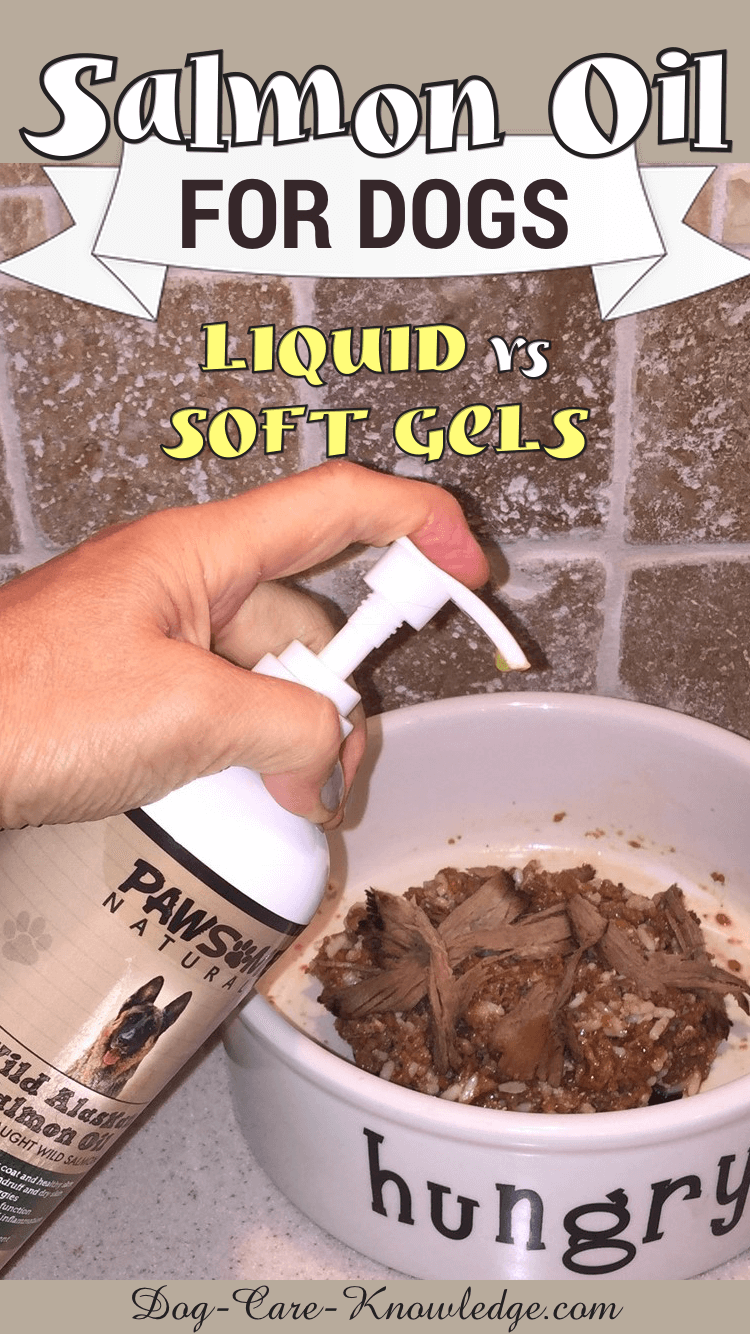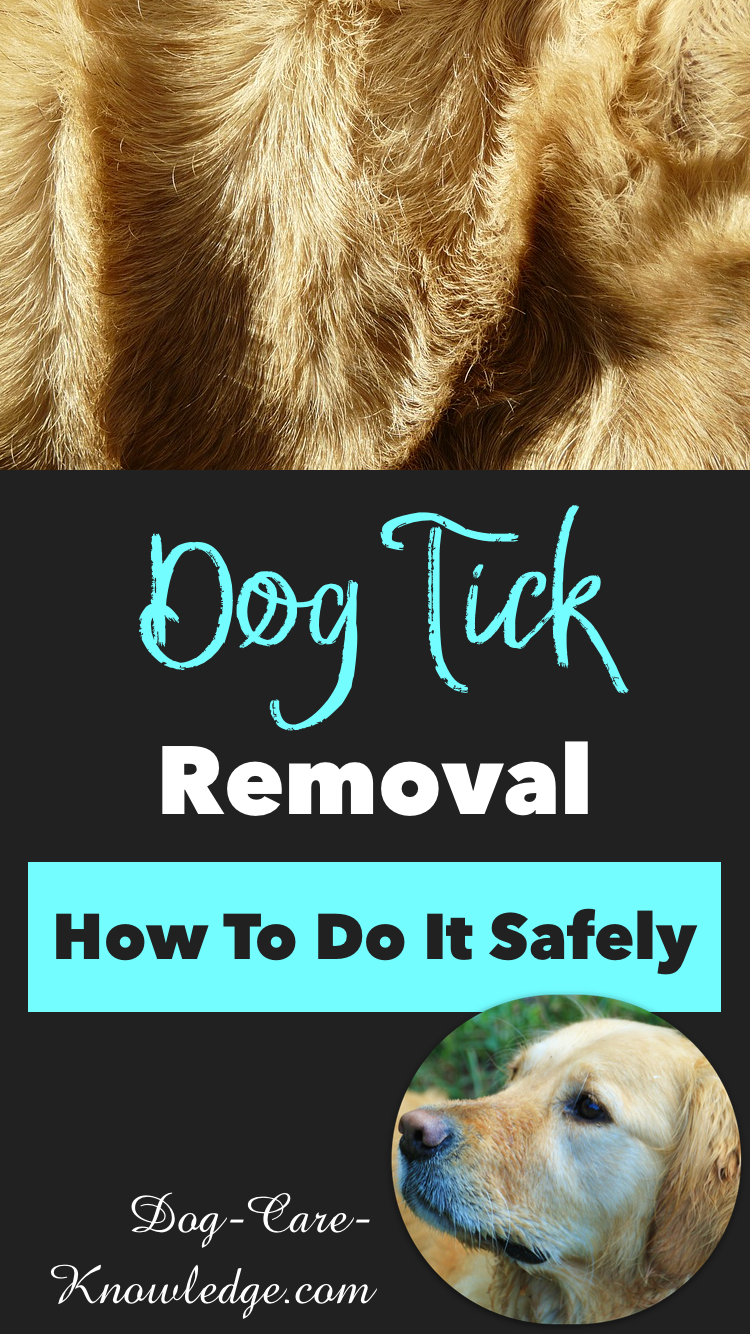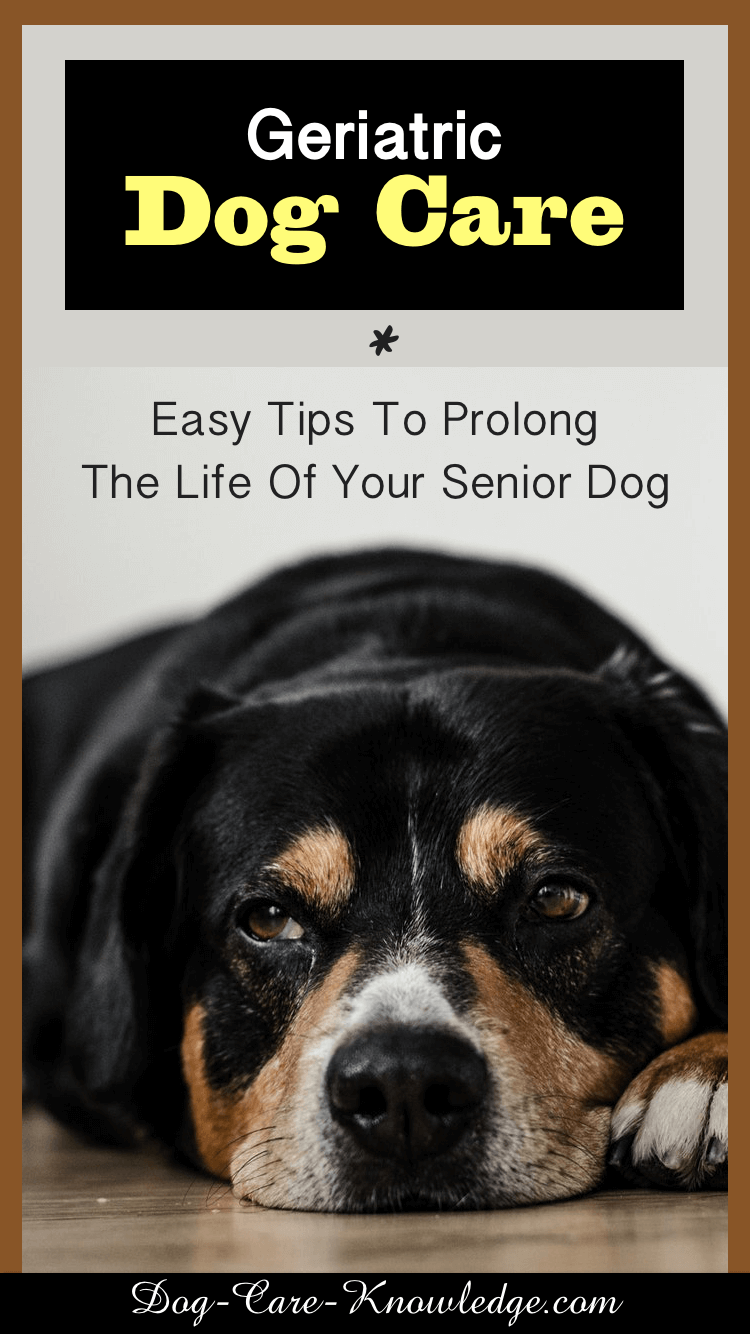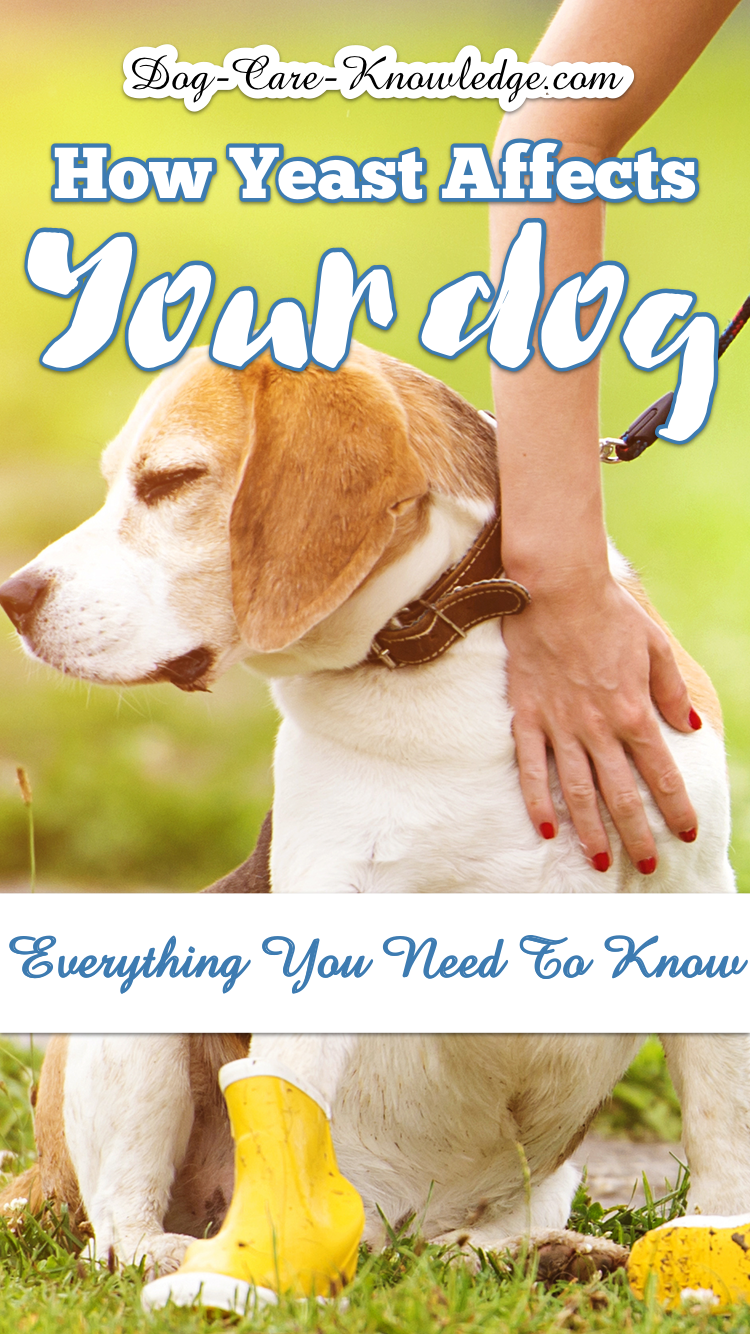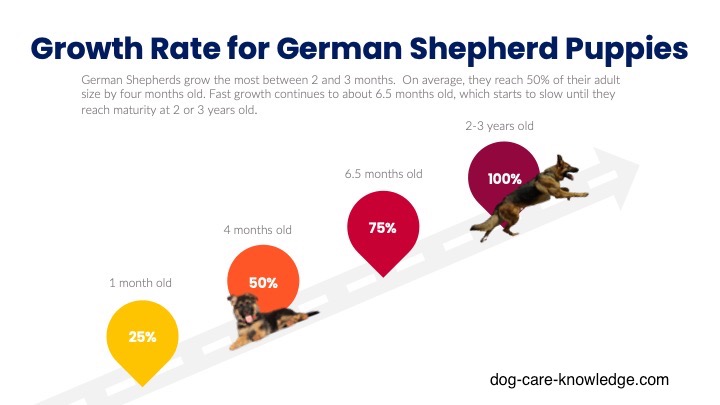- Home
- Dog Care Tips
- Salmon Oil for Dogs
Salmon Oil For Dogs - Why It's Essential
Salmon oil for dogs is one of the most popular supplements for dogs. Not just because they love the taste (which they do) but it's actually full of essential fatty acids they require for optimal health.
If you're wondering why it's so popular, here are the top three reasons, but there's many more:
- Promotes skin and coat health thus reduces itching.
- Boosts the immune system.
- Protects dogs from the effects of skin allergies.
Would I Recommend It?
Absolutely, I only recommend things I have used on my own dogs or know of someone personally that uses it.
Salmon oil is by far the easiest and best way I've found to keep my dogs' skin and coat in excellent condition.
I have two German Shepherds, one has skin allergies, and the other suffers from dry skin. Ava (who has allergies) itches most in summer. Hudson is more affected during wintertime when his skin dries out. Between them, we had itching all year round. No matter which way we went, it seemed to get worse as the weather changed - I couldn't catch a break!
I struggled for years trying to get them some relief from the constant itching. It was driving me and them insane. I tried lots of different products on the market, but it was frustrating because not all worked.
So, if you have an itchy dog, let me share with you what worked for my dogs.
Why Salmon Oil Works for Dogs
For healthy skin and coat dogs need essential fatty acids (EFAs). They're considered "essential," because dogs need them.
Dogs cannot produce EFAs naturally, so they must get them from their diet. Unfortunately, many commercial foods lack an adequate supply of essential fatty acids. This deficiency often causes dry, itchy skin in dogs.
The vital power behind salmon oil is its abundant natural supply of EFAs.
Here's the layman's version of why EFAs are "essential" in simple, easy to understand terms. You can read more about the science behind essential fatty acids here.
Essential Fatty Acids - In Simple Terms
The two essential fatty acids dogs need are omega-3 and omega-6. Omega-6 can be found in most plant and animal fats and oils, and omega 3 is primarily found in fish.
Omega-6 increases inflammation, and omega-3 reduces it. A balance between the two is crucial to prevent health problems. Typically dogs need a higher percentage of omega-6 to omega-3. However, too much omega-6 will increase inflammation causing health problems in dogs.
Most commercial dog foods contain an abundance of omega-6 but frequently lack omega-3. By adding salmon oil (omega-3) to your dog's diet, you'll correct this imbalance. But, you must choose one that has a higher ratio of omega-3 to omega-6.
Omega-3 is extremely sensitive to heat, oxygen, and light. Oxidation occurs when essential fatty acids are exposed to oxygen, light, or heat. This process destabilizes and renders the health effects of EFAs useless.
Commercial dog foods undergo high heat processing which causes oxidation. So even if it is listed as an ingredient, health benefits are destroyed when cooked.
How to Prevent Oxidation in Salmon Oil
Good Manufacturing Practices (GMP)

Choose a brand that has the Good Manufacturing Practice (GMP) seal of approval. This ensures the manufacturers are protecting the oil from heat, light, and oxygen to prevent oxidation. Salmon oil brands should meet the FDA's Good Manufacturing Practices(GMP) requirements.
The FDA checks the company's everyday policies and activities to ensure they match the promises on their labels. If they do, they become GMP compliant and can use the stamp on their bottle.
Look for the GMP stamp or conduct your own research to verify the manufacturer/product is GMP compliant.
You can find more information on GMP here.
Natural Preservative (Tocopherol)
As soon as salmon oil is opened, it is exposed to either light, oxygen or heat (i.e., oxidation) each time you use it.
To slow or prevent this, salmon oil should include some kind of natural preservative.
The most popular natural preservative is Vitamin E. Other natural preservatives include; rosemary extract, ascorbyl palmitate, green tea catechins, and astaxanthin. It may sound better if the only ingredient is pure salmon oil, but it will almost certainly become rancid much quicker.
Wild Salmon Not Farm Raised
The best salmon oil is derived from salmon that is caught in the wild (preferably Alaska) and NOT farm raised.
Unfortunately, farm-raised salmon are fed on a diet of fish-meal which is ground up small fish that are full of cancer-causing contaminants such as Polychlorinated Biphenyl's (PCB's).
PCB's were banned in the USA in the late 70s and were cited as one of the "dirty dozen" toxic chemicals to be phased-out under the United Nations Convention on Persistent Organic Pollutants.
According to a study by the Environmental Working Group (EWG), farm-raised salmon carried such high levels of PCBs that they determined farmed salmon are likely the most PCB-contaminated protein source in the current U.S. food supply. You can find more information here.
Why Alaskan Salmon Oil
The best salmon oil you can buy in the United States is wild-caught Alaskan salmon oil.
Geography helps! Alaska is thousands of miles away from other polluted waters. Alaskan waters are reportedly among the cleanest in the world. It stands to reason that fish caught fresh out of these waters will be among the purest in the world.
The salmon from Alaska is free of Polychlorinated Biphenyls (PCBs). Alaska also ranks pretty high on the sustainable practices scale. They are the only state to include sustainable fishing practices in their constitution.
Liquid Versus Soft-Gels
There is much debate about whether to use liquid or soft gel salmon oil. Here's a quick comparison to help you decide.
Liquid salmon oil is straightforward to administer as most dogs love the taste. Just squirt on your dog's food. Fish oil soft-gels are usually large and quite difficult to get dogs to swallow.
Liquid forms of salmon oil are easy to adjust the dose, especially for smaller dogs. There's usually no dosage instructions on soft-gels for dogs. Even if you break them open, changing the dose is hard.
Soft-gels are usually less expensive than liquid salmon oil. But, there is a higher concentration of fatty acids in liquid salmon oil compared to soft-gels. So the liquid oil may seem more expensive, but it'll have higher potency and last longer.
Advantages
Salmon oil for dogs is a powerful way to promote skin and coat health, but that's just scratching the surface (pun intended). There are many other benefits of using this powerful supplement.
- boosts the immune system
- soothes temporary skin irritations
- protects dogs from the effects of skin allergies
- eliminates dandruff and dry skin due to cold or arid weather
- produces a soft and shiny coat
- promotes proper joint function
- helps prevent and treat arthritis
- acts as a natural cancer-fighting agent
- aids in the reduction of inflammation
- helps dogs with Inflammatory Bowel Disease
- helps fight heart disease
- prevents and helps support dogs with renal disease
Disadvantages
- The main disadvantage, and it's an important one, is that it may not completely cure a dog with chronic and severe itching. Sometimes these dogs need a multi-faceted approach but it should certainly be a step in the right direction and won't cause any adverse side-effects.
- Some dogs just don't like the fish taste, most dogs love it, but there's always those finicky ones. If that's the case, try squirting it at the bottom or middle of their food. Or on something moist like peanut butter or cream cheese.
- Over time the bottle in the fridge may drip a bit and become a little sticky. To avoid this, definitely get a bottle with a pump, and I've found keeping it in a plastic bag stops any mess in the fridge.
How To Choose Salmon Oil For Dogs
The most important thing to consider is preventing oxidation. Salmon oil that actually does its job has been carefully processed and stored to avoid oxidation.
Select salmon oil for dogs that meets the following criteria:
- has a higher omega-3 ratio to omega-6
- is safe to store at room temperature before opening
- has to be refrigerated after opening
- is air-tight
- has been stored in an opaque bottle to block light
- was manufactured in the same country you live in or nearby to lessen transport time
- is produced in a GMP facility
- has a pump top
- is made from wild-caught and not farm-raised salmon
- the ingredient list includes natural preservative (i.e., Vitamin E)
- comes from waters that are free from pollution (Alaska or Norway are best)
To Summarize....
Supplementing your dog's food with liquid salmon oil helps to relieve many skin and coat issues in dogs.
It also supports the immune system which helps with allergies, joint problems, inflammation, arthritis, as well as helping to fight other common diseases.
Salmon oil, like all fish oils, is fragile by nature, so it's important to take care to buy only the purest quality from manufacturers that take care to ensure their products meet the highest standards.
Choosing one that meets or exceeds the good Manufacturing practices (GMP) will help with this, so too will only buying Wild Alaskan salmon oil for dogs.
Does Salmon Oil Work For Every Dog?
Yes, to some extent, but it'll be dependent on the cause. But it doesn't matter what the reason for itchy skin is, it's going to give your dog at least some relief. You may still need to work out the root cause and address that, but it's a good start. And, often, it gives complete relief.
Start here if you need to find the root cause of your dog's itching.

